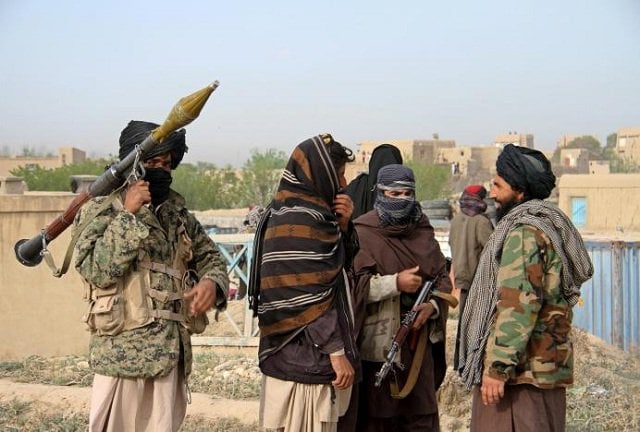Azm-e-Shariat, the retaliatory operation announced by Tehreek-e-Taliban Pakistan (TTP), follows closely on the heels of the government’s launch of Azm-e-Istehkam, a new security initiative aimed at combating terrorism. According to reports, TTP’s move is a direct response to the governmental measures.
Earlier this week, concerns over the clarity of the TTP’s policy were raised by a journalist amidst the evolving situation. “The war with the Taliban has evolved into an ideological battle,” the journalist cautioned, highlighting TTP’s efforts to enhance political legitimacy through engagements with political parties and the establishment of a political office in Pakistan. Sarbakaf Mohmand, associated with Jamaat-ul-Ahrar (JuA), has been appointed as the head of their political commission.
To understand the implications of TTP’s clear ideological stance and increasing legitimacy, The GZ reached out to a famous Journalist. “Granting them legitimacy as stakeholders has significant implications for the state,” He explained. “The peace talks empowered them, allowing their narrative to align with the political discourse in Pakistan.” Post-2021, their narrative has primarily focused on criticizing the military, as well as accusing political administrations of corruption and elitism.
Regarding Azm-e-Istehkam, He clarified, “It’s now evident that Azm-e-Istehkam is not solely kinetic operations but rather the real-time implementation of the 14 points outlined in the revised national action plan.”
The TTP’s declaration of Azm-e-Shariat underscores a new phase in the ongoing conflict, amplifying concerns about security and political stability in Pakistan. As TTP seeks to bolster its ideological and political presence, reactions are mixed, with stakeholders closely monitoring developments for further insights into the region’s security landscape.
The evolving dynamics between government initiatives like Azm-e-Istehkam and TTP’s Azm-e-Shariat are shaping the narrative of counter-terrorism efforts in Pakistan, posing challenges and opportunities for stakeholders navigating these turbulent waters.


